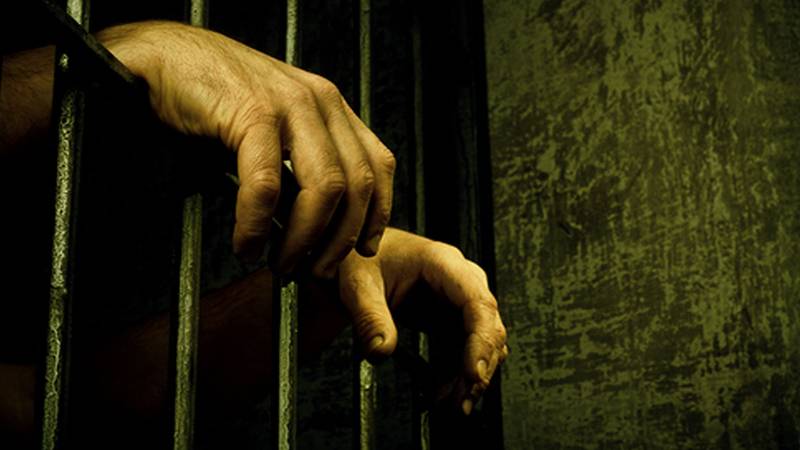
A local court in Lahore on Wednesday sentenced a Muslim man to life in prison for desecrating the Holy Quran.
The sessions court, however, declared that the accused could file an appeal against their sentence within 30 days.
On June 10, 2022, the Sabzazar Police had booked a man in a blasphemy case on the complaint of Trainee Assistant Sub-Inspector Shahrukh Butt and presented the challan in court on June 15.
The police report claimed that at five in the evening on June 10, the police official stopped the suspect at Liaquat Chowk in the Sabzazar area for checking. Upon search, they found sacred pages wrapped around his sensitive body parts.
During hearings in Additional Sessions Judge Khalid Khizr's court, Deputy District Public Prosecutor Sahibzada Owais Zafar, and Advocate Chaudhry Ghulam Mustafa said there was no contradiction in the statements of witnesses against the accused. The prosecution stated that sacred pages recovered from the accused have been submitted as evidence, adding that the prosecution has no personal enmity with the accused, nor has this case been registered on the basis of any malice.
The lawyer for the defendant argued there was a contradiction in the statements of the prosecution witnesses. The counsel further argued that the police did not conduct a forensic examination of the sacred pages and that the case was registered against the accused on the basis of personal enmity.
During the subsequent trial, the accused told the court that he was the cleric of the local mosque and that he had been implicated in a false case at the behest of his opponents. The accused further stated that he could not even think of committing the crime he had been charged with.
In its verdict, the court noted that in his defense, the accused merely gave a statement denying the allegations but did not name either any opponent nor did he present any evidence to support his statement. Hence, such a statement by the accused is unacceptable.
It cannot be accepted that the police have implicated the accused in the case of blasphemy on the basis of lies, the court noted, adding that if the objective was to target the suspect, the police could have arrested him on any other charge.
Therefore, the legal statement given by the accused in court is unjustified, Judge Khizr ruled.
The written judgment of the court said that in such cases, the accused cannot be given the benefit of the doubt of innocence unless he has fully explained the reason for the aggravation. In this case, the prosecution has undoubtedly succeeded in convicting the accused for his crime.

